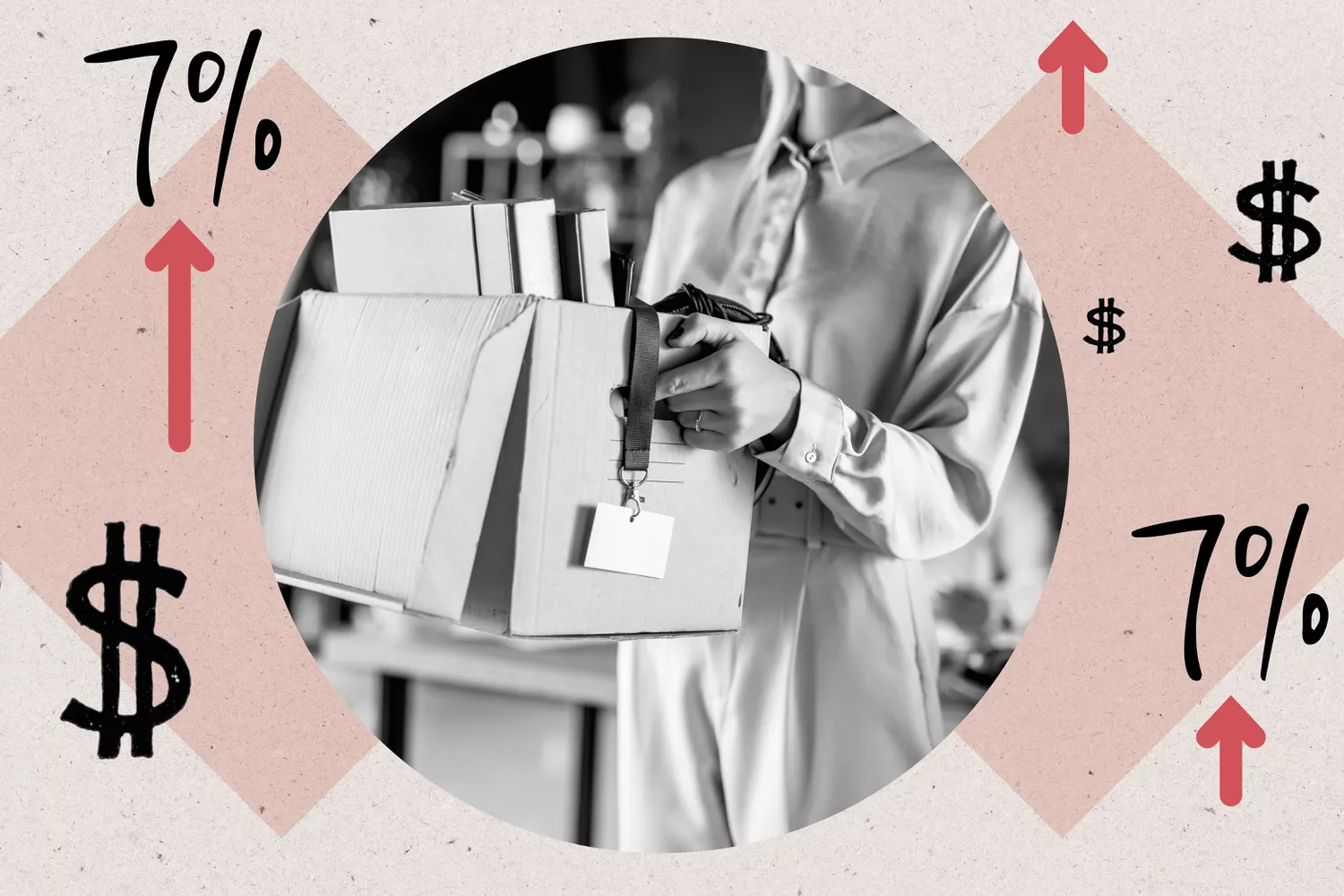
If Republicans and Democrats do not reach a deal over the nation’s financial obligation ceiling, the financial fallout could damage the economy so badly that joblessness could leap to 7%, according to an analysis.
An increase of that size would indicate 6 million individuals would lose their tasks, according to a report this week by Moody’s Analytics chief economist Mark Zandi. His projection showed that the latest financial obligation ceiling standoff might inflict significant financial damage if not resolved, including doubling the existing 3.5% unemployment rate.1.
The U.S. government reached the $31.4 trillion financial obligation limit imposed by Congress on Jan. 19, and ever since has actually been relying on accounting techniques by the Treasury Department in order to keep the government running.2 These tactics are enabling the U.S. to continue paying its lenders that include people who hold Treasury bonds, pension funds, foreign federal governments, and others.
Congress has the power to raise or suspend the debt ceiling, as it has actually done around every 9 months because 1978, but power in the federal government is divided between Republicans (who manage your house of Representatives) and Democrats (who control the Senate and the presidency).3 The two sides disagree on how to approach the nationwide debt.
Republicans have stated they won’t raise the debt ceiling unless Democrats accept cuts to government costs. For their part, Democrats say they will not work out over the financial obligation ceiling and desire it raised without any limitations.4.
The federal government can continue to run utilizing “extraordinary measures” up until early June, Treasury Secretary Janet Yellen stated previously this month. Moody’s price quotes the procedures– which include suspending payments into several funds, consisting of pensions for federal employees– will last up until August or as late as October.
Economic experts and officials have cautioned that if the deadlock were to outlive the steps, there would be alarming effects. Basic government services like Social Security benefit payments would be threatened and the U.S. would default on its debt, leaving it unable to pay its financial institutions.
A U.S. default would trigger international financiers to despair in the federal government’s ability to pay its bills, rocking the monetary system, Zandi said. Stocks would plunge and interest rates would surge. Even if a default is solved quickly, the U.S. would no longer be able to borrow money on the favorable terms it has actually taken pleasure in until now.
” Even if it is quickly resolved, Americans likely would spend for this default for generations, as international financiers would appropriately think that the federal government’s finances have been politicized,” Zandi stated in the report.
The financial obligation ceiling dispute comes at a time when numerous forecasters are already predicting the U.S. economy will sink into an economic downturn as an outcome of the Federal Reserve’s anti-inflation rate of interest hikes.
” The timing could not be even worse for the economy,” Zandi stated in the report.



